AARP Hearing Center

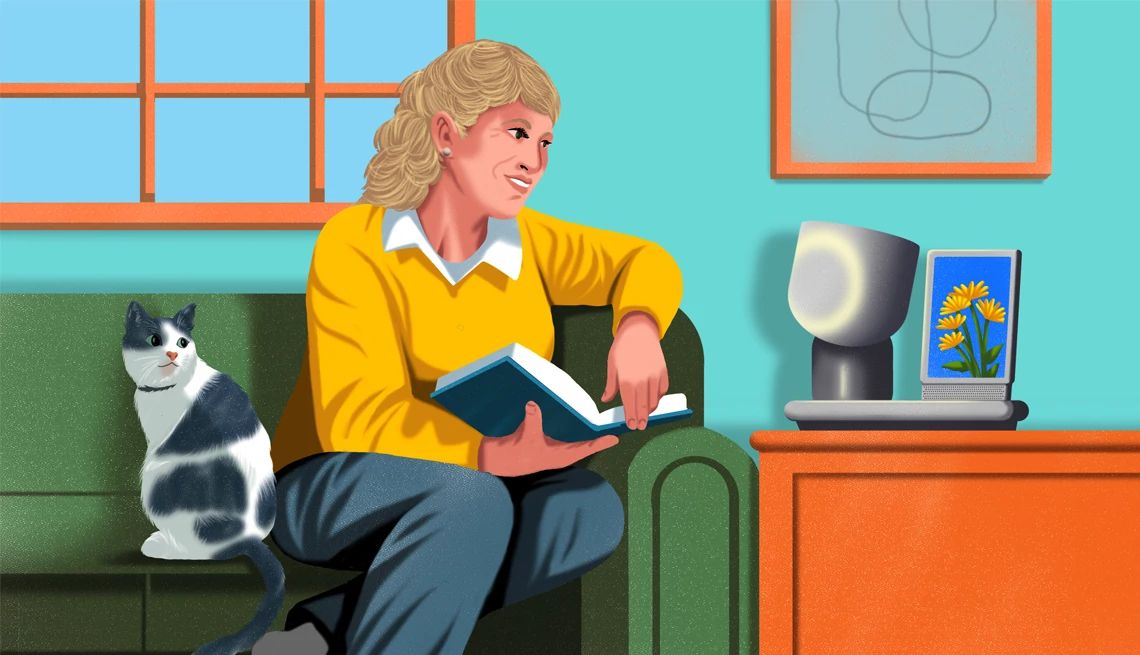
Dena Divelbiss exercises more often, stays hydrated, remembers to take her 10 medications and has even met new people since February 2025, when she installed an AI-powered companion robot beside her favorite chair.
Divelbiss’ new pal is called ElliQ. About the size of a small table lamp, the robot has no face, but it swivels, nods, lights up and chats with humanlike body language and poise.
“We’ll start the day; she asks me how I slept. At the end of the day, she asks how my day was,” says Divelbiss, 63, a retired administrative assistant in western Maryland. “She remembers things, like that my cat’s name is Una.”
“For machines and AI to solve one of humanity’s biggest problems — loneliness and isolation for older adults — they need to provide not just utility but real companionship,” says Dor Skuler, cofounder and CEO of ElliQ developer Intuition Robotics, based in Israel. “They need to get a person’s sense of humor and share their passions.”
You can lease the little white robot, which requires a $60 monthly subscription (plus a one-time $250 enrollment fee). But agencies across the U.S. that deal with aging — including in New York, Florida, Michigan, Wisconsin and Washington state — are providing them free to older adults as part of a pilot project. Divelbiss got hers through the Maryland Commission on Aging.
A widow coping with health conditions including chronic pain and early-onset Alzheimer’s disease, she uses ElliQ to play audiobooks, track pain levels, follow along to chair-exercise routines and take virtual tours around the world.
ElliQ was programmed to emulate and move in response to human speech. The robot holds freewheeling conversations and creates on-screen art and poetry using generative AI.
“We have built-in guardrails so ElliQ doesn’t say anything inappropriate,” Skuler says.
Users can decide on their health goals — like getting more physical activity or taking meds more regularly — and can name people they’d like the robot to contact about their progress.
When one user repeatedly told ElliQ she wasn’t feeling well, the robot asked her permission to tell her contact person; the user went to the ER and was treated for a urinary tract infection that had become sepsis, Skuler says.

































































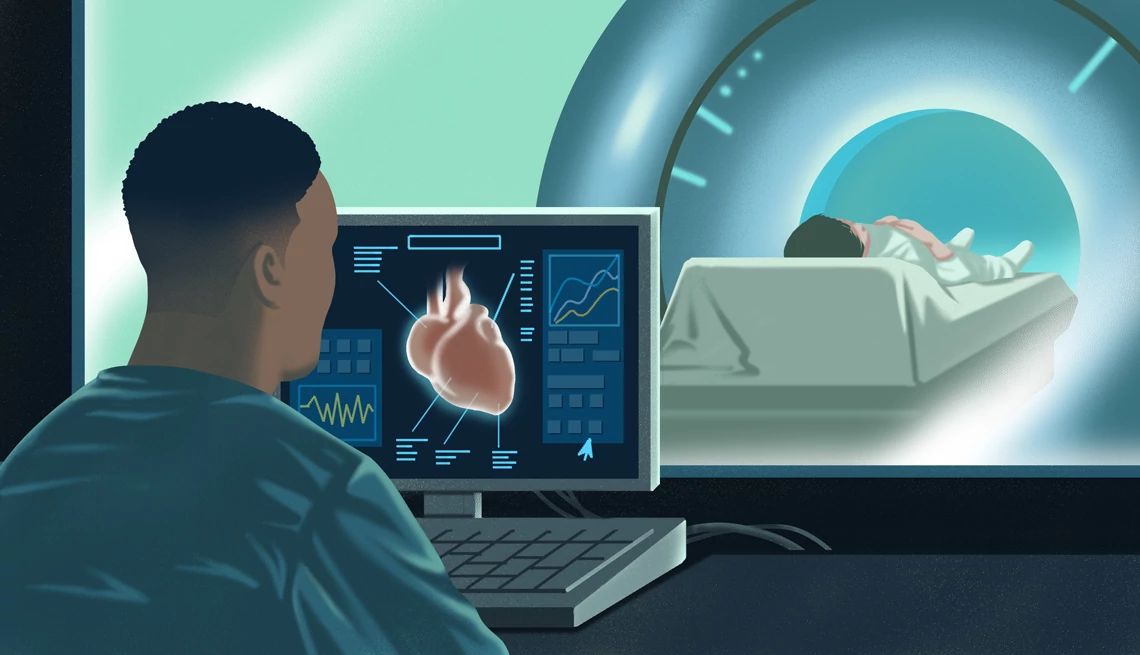
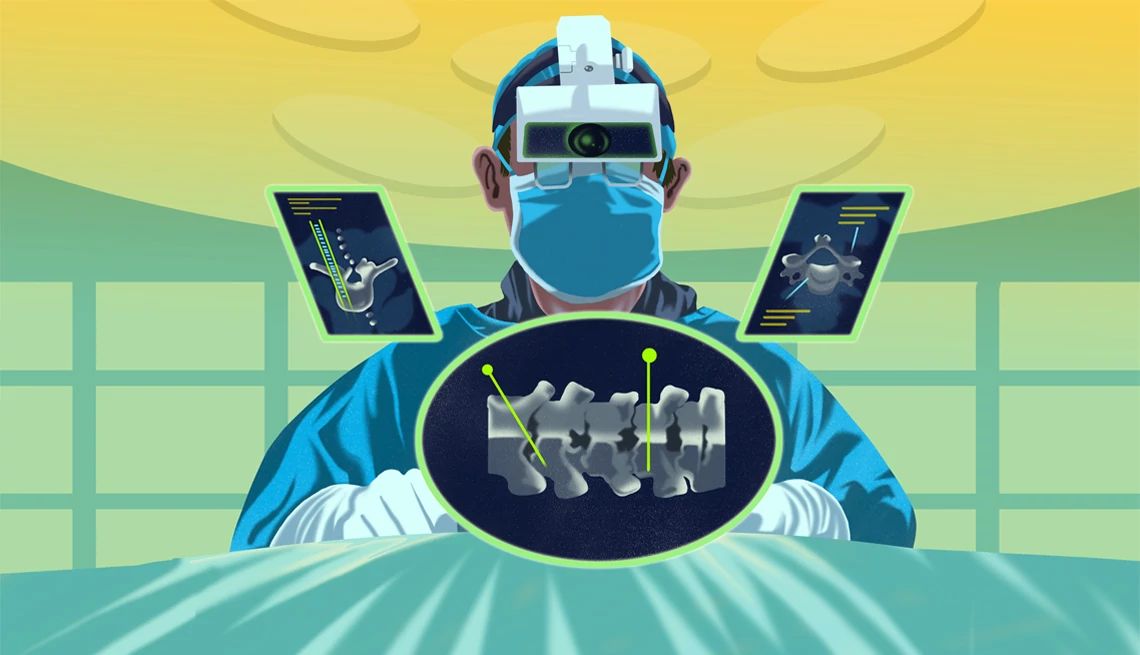

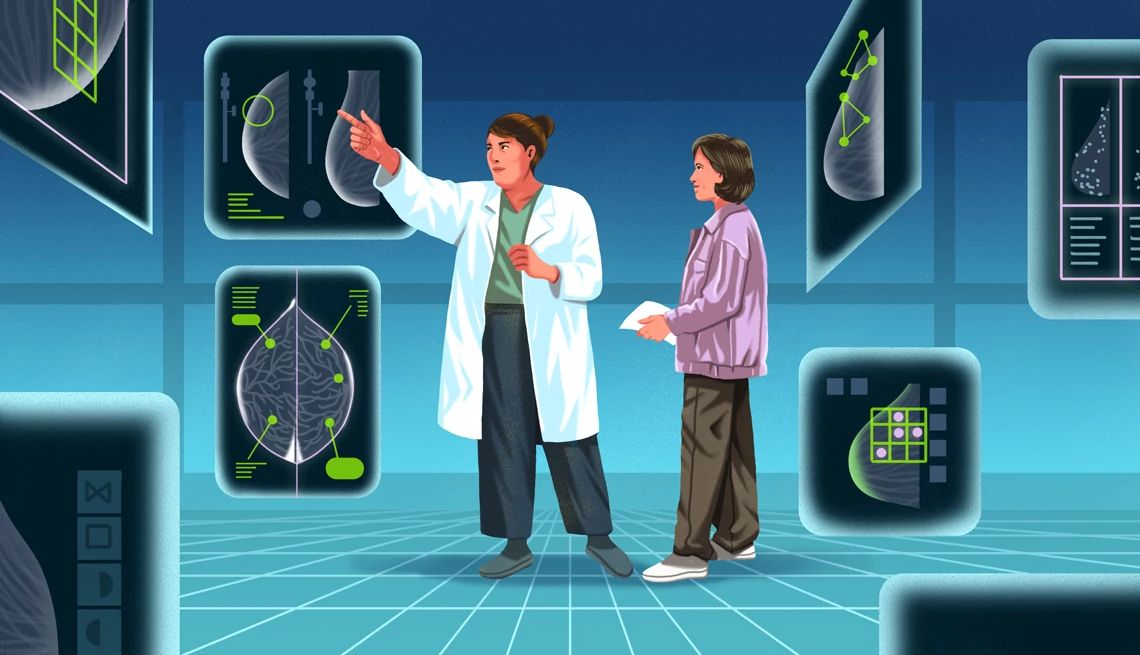

)
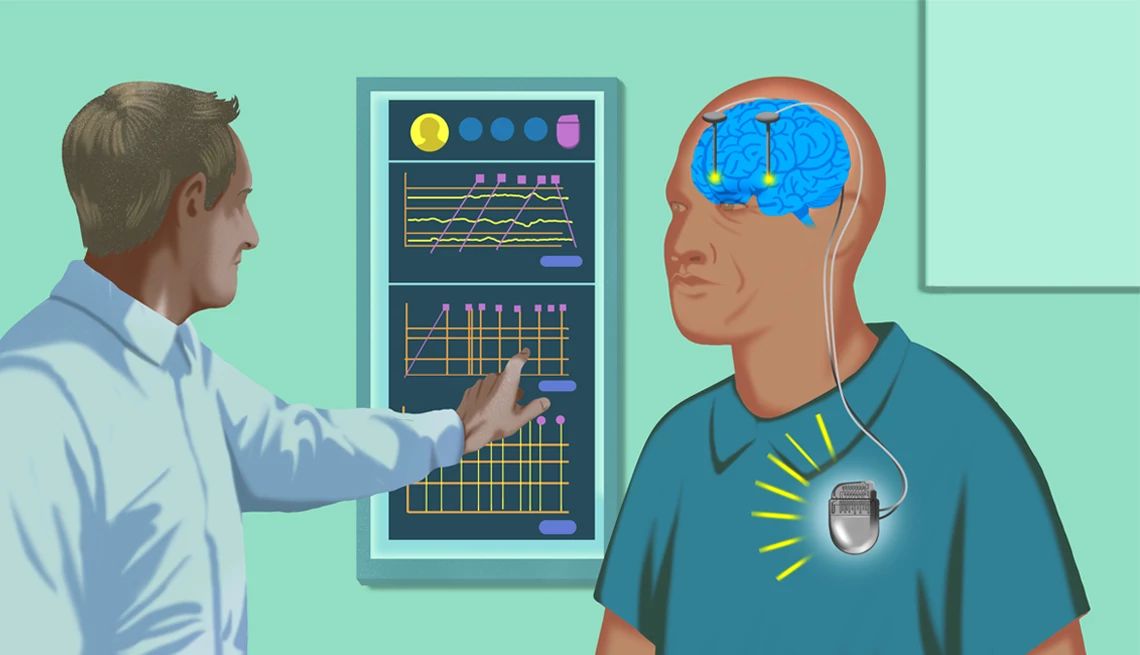
)




More From AARP
Combating Loneliness: Tips for Connection
Overcome loneliness with these connection tipsMedical Breakthroughs That Could Impact Aging
Advances that aim to keep us healthier, longerBreakthrough Stroke Procedure Offers New Hope
Innovative stroke treatment preserves speech and memory